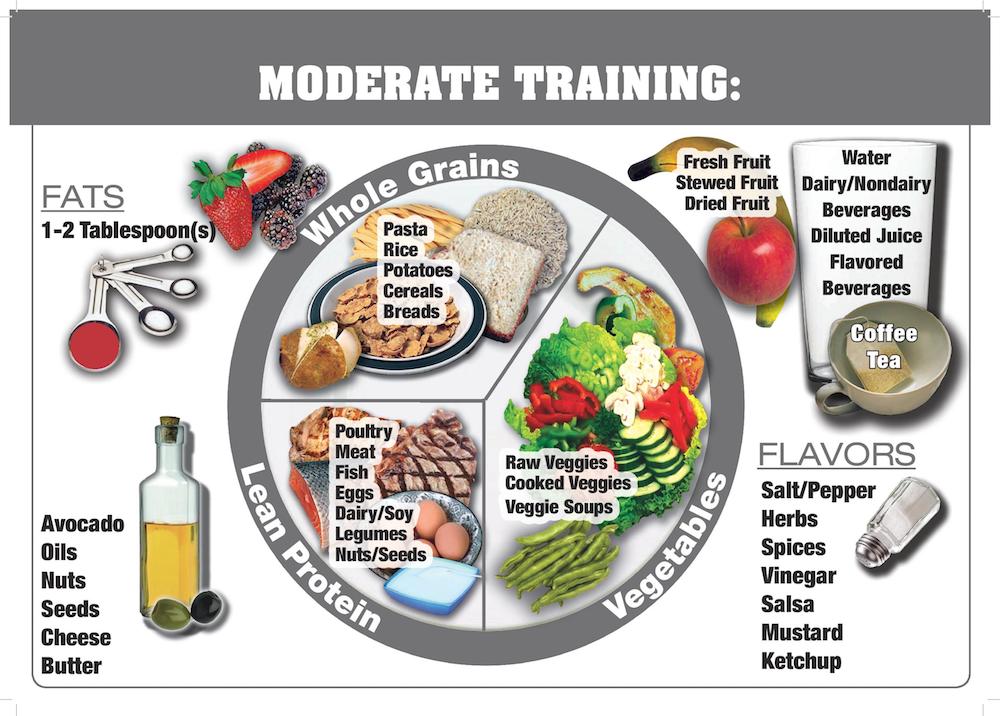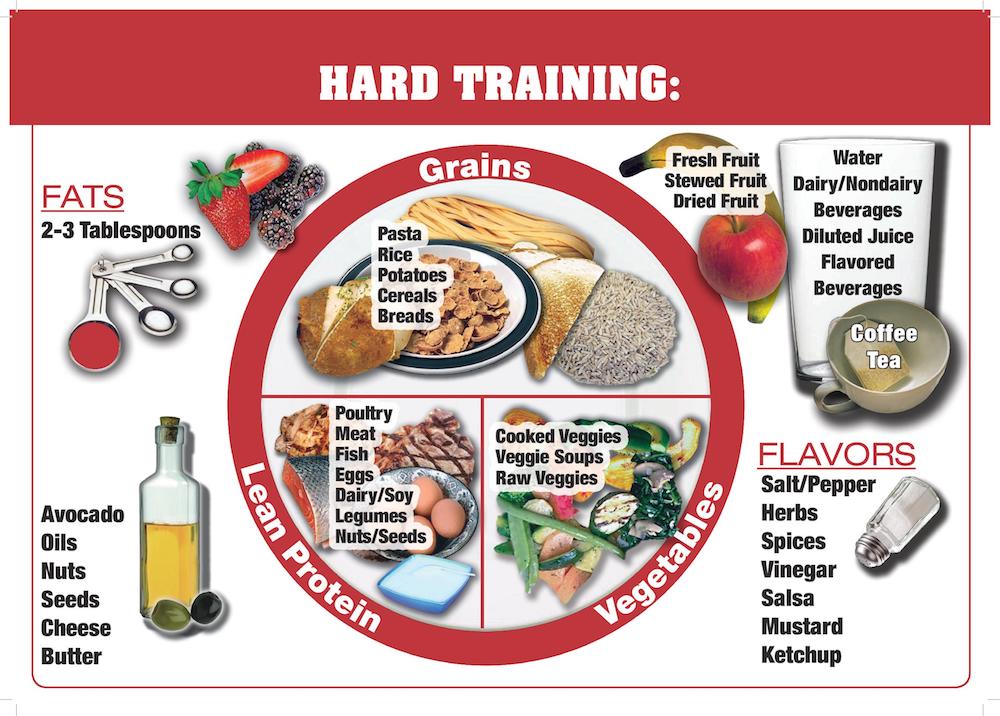Delta Aquatics strives to make sure our athletes are taking care of themselves both mentally and physically. This includes making sure that they're doing what they can to maintain good nutrition. One of the building blocks of great training is great nutrition. USA Swimming offers a superb nutrition guide and section on their website that we encourage everyone to view.
USA Swimming Training Website (Scroll down to access their Nutrition info)
Delta Aquatics Pre-Meet Nutrition 101
Fina's Nutrition Booklet for Aquatic Athletes
USOC Sports Nutrition - Recovery
Webinar: Athlete Nutrition (Recorded March 26, 2020)
Nutritional Cheat Sheet: Part I: This article, published by USA Swimming, discusses healthy eating habits that will provide adequate energy for swimmers to train.
Nutritional Cheat Sheet: Part II: This article, published by USA Swimming, talks about the proper meals and snacks for swim meets.
Athlete's Plates
The Athlete's Plates are a visual tool designed to help sports dietitians working with athletes and athletes themselves adjust their nutrition to variable training loads when following a periodized training and competition plan. The Athlete's Plates were developed by Meyer, NL with UCCS' Sport Nutrition Graduate Program in collaboration with the US Olympic Committee's (USOC) Food and Nutrition Services. The plates were subsequently reviewed by the USOC Sport Dietitians and scientifically tested (validated) against sport nutrition recommendations. The plates are published in the International Journal of Sports Nutrition and Exercise Metabolism.
Click on each of the graphics below to be taken to a printable PDF file.
SWIMMING AND HEALTH
LACK OF SLEEP
Poor sleep the night before a competition or consistent bad night sleeps leading up to an event can cause fatigue. Sleep is important because it is the time when actual physical growth occurs and tissue recovery from daily activity takes place. The number of hours needed for rejuvenation is age-dependant.
AGE HOURS OF SLEEP NEEDED
9 yrs – 10 1/4
10-11 yrs - 9 3/4
12 yrs - 9 1/4
13+ yrs - 9
16-20 yrs - 8-9
Source: http://www.kidshealth.org/parent/general/sleep/sleep.html
PERFECT PRE-RACE MEAL
Stay within your normal eating habits. Don't get talked into or try anything unusual right before your event. Eat 2-4 hours before the race. Have your meal be high in carbs (100-200 grams) and low in fat and protein. These two are slow to digest and require too much additional blood to process.
Example: bagel & jam, banana, sport drink, cooked rice or baked potato.
For the athlete that finds they get too nervous to eat properly as their race draws close, they can consider buying sports nutrition drinks. Items like Boost or Ensure Lite fit the bill perfectly.
FOODS TO TAKE
• Fruit, dried fruit, juices (limited)
• Bagels, bread, low-fat muffins
• Watered down sport drinks, low-fat energy bars
If there are more than 2 hours between races, take some dairy items such as yogurt, low-fat cheese and crackers. Try limiting or avoiding these items during and immediately before competition:
• Fatty Foods - Fast foods, ice cream and fries
• High Protein Foods - Meats, dairy and protein supplements
FLUIDS
Sweating and dehydration does occur in swim training and racing. There is a school of thought that an additional water loss factor in swimming may be due to the body being in a horizontal position. This may send extra signals to eliminate fluids. The early warning signs of dehydration are:
• Fatigue.
• Loss of appetite.
• Nausea.
• Poor concentration.
• Flushed skin.
• Light-headedness.
• Dark urine.
• Muscle cramps.
The best rule of thumb to follow for ideal hydration levels is to create 4-5 full bladders a day. Water is the cheapest and best source. Just remember to clean the water bottle daily if you use it regularly. Gatorade, PowerAde and all sport drinks are excellent sources of carbohydrates and fluids. Make sure to water down these drinks as they contain high amounts of sugar. Studies have shown that carbohydrate fuel does provide immediate contributions in practice. Avoid soda, Kool-aid and fruit juices during practice because they require additional digestive fluids be brought in from elsewhere in the body to break them down.
Competition Cuisine
From USA Swimming "Catch the Spirit" LSC Camps Team Meetings Manual
Swimming fast is a result of hard training, dedication and making wise food choices. The type of food a swimmer eats may influence how they compete in the water. The key to nutrition and swimming is to make sure that you have eaten enough carbohydrates before the competition starts, not the day before the meet. It may take 24-72 hours to fully reload the muscles with energy (glycogen). It is important for swimmers to consume meals high in carbohydrates at least 2-3 DAYS before the start of a meet, or performance will deteriorate and even an easy workout or race may cause fatigue. It is often difficult for swimmers who are traveling to find nutritious meals that are high in carbohydrates. Fast-food restaurants are often chosen because they are convenient and affordable. To ensure that swimmers make wise food choices while on the road, a coach or swimmer can decide where to eat before mealtime, making sure the restaurant offers choices from all four food groups, while concentrating on high carbohydrate meals. Use the following guidelines in choosing meals while traveling:
BREAKFAST:Order pancakes, waffles, french toast, bagels, cereal, english muffins, fruit or juice. These foods are all high in carbohydrates. Avoid high-fat choices such as bacon, sausage or biscuits and gravy. Pack containers of dry cereal, crackers, juice or dried fruit such as raisins and apricots; or pack fresh fruits such as apples or oranges in case the restaurant does not provide these items. If you eat breakfast at a fast food restaurant choose foods like cereal, fruit juice and muffins or pancakes. Avoid breakfast sandwiches, sausage and bacon.
LUNCH AND DINNER:Try restaurants that offer pastas, breads and salads. Order thick crust rather than thin crust pizza for more carbohydrates. Order vegetables such as mushrooms and green peppers on the pizza. Avoid high fat toppings such as pepperoni and sausage. Order vegetable soups accompanied by crackers, bread, or muffins. Emphasize the bread in sandwiches, not the filling, mayonnaise or potato chips. Avoid deep fat fried foods such as french fries, fried fish and fried chicken. Choose low-fat milk or fruit juices rather than soda
For swimmers who compete at all-day swimming meets choosing nutritious food throughout the day may be a problem. The swimmer should consider the amount of time between eating and racing when choosing foods to eat. The hot dogs, nachos, potato chips or candy bars found at most concession stands are extremely high in fat, and usually will not be digested quickly. When these foods are eaten as a pre-event meal they may impair performance. Suggested pre-racing menus include the following:
ONE HOUR OR LESS BEFORE COMPETITION
Fruit and vegetable juice such as orange, tomato or V-8 AND/OR Fresh fruit such as apples, watermelon, peaches, grapes or oranges AND/OR 1-1/2 cups of a sport drink like Gatorade
TWO TO THREE HOURS BEFORE COMPETITION
Fresh fruit and fruit and vegetable juices AND Breads, bagels, english muffins with limited amounts of butter, margarine, cream cheese, or peanut butter AND/OR 4 cups of a sport drink like Gatorade
THREE TO FOUR HOURS BEFORE COMPETITION
Fresh fruit and fruit and vegetable juices AND Breads, bagels, baked potatoes, cereal with low-fat or skim milk, low-fat yogurt, sandwiches with a small amount of peanut butter or lean meats and cheese AND/OR 7 1/2 cups of a sport drink like Gatorade








